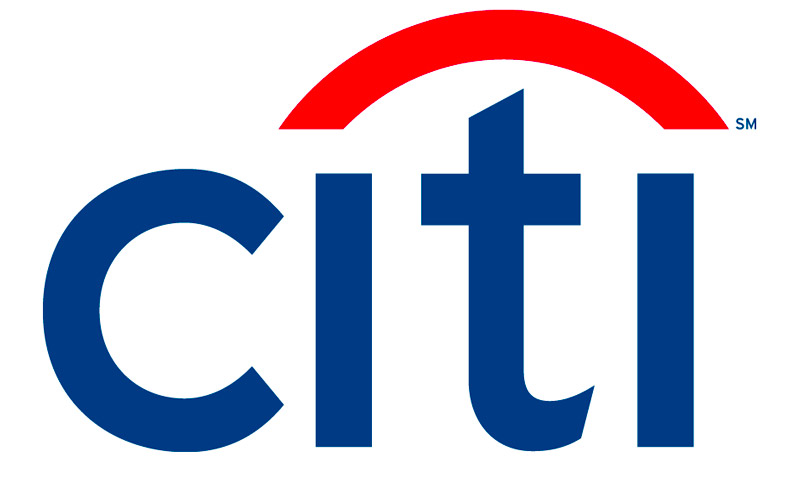| N.J. proposal to convert foreclosed homes to affordable housing introduced in state Senate |
 |
 |
 |
 Sens. Lesniak & Buono believe move could provide 10,000 affordable homes Published: February 15, 2012 BY TOM HESTER SR. Legislation that would create an office under the state Housing and Mortgage Finance Agency that would use money from the state Affordable Housing Trust Fund to purchase foreclosed properties to be used as affordable housing has been introduced by two Democratic state senators. The bill would also create incentives for cities and towns to change foreclosed properties into affordable housing by giving them a 2-to-1 match against their affordable housing obligation for affordable houses created from foreclosed properties. Sen. Raymond J. Lesniak (D-Union) announced the legislation Tuesday at a Statehouse press conference. Sen. Barbara Buono (D-Middlesex) is co-sponsoring the measure. Lesniak said the bill could result in 10,000 new affordable units and 10,000 less unoccupied, boarded-up properties. The proposal is supported by the New Jersey Bankers Association, the New Jersey Realtors Association, the New Jersey Builders Association, and the New Jersey League of Municipalities. “Vacant and boarded up homes are a blight on neighborhoods, an invitation to vandalism and crime and a drag on property values and our economic recovery,” Lesniak said. “Families evicted from these homes still need affordable places to live. Federal Reserve Chairman Ben Bernanke stated the overhang of foreclosed properties is contributing to the slow rate of expansion of our economy, places downward pressure on housing prices and exacerbates the loss in housing wealth. S-1566 is designed to address these problems in New Jersey.” “What this bill does is it ensures that we’re using our state’s affordable housing investment to help clean up our blighted communities and put foreclosed properties back to good use,” Buono said. “It’s a novel approach to not only boost the affordable housing stock available to low- and moderate-income families, but also to reclaim abandoned, dilapidated homes which are a strain on our neighborhoods.” Assemblyman Jerry Green (D-Union), chairman of the Assembly Housing and Local Government Committee, who will sponsor the lower house version. “While measures have been put in place over the last few years by the Legislature to help families struggling to pay their mortgages keep their homes, the current economic climate is making it almost impossible and is forcing many families to default on their mortgages,” Green said. “We reportedly have more than 100,000 homeowners currently dealing with foreclosures in New Jersey. These families, despite their financial struggles, still need a place to live. “This bill provides a practical solution for residents who have limited financial means and are in need of affordable housing, and for communities that are dealing with the blight, reduced property values and illegal activity that is synonymous with vacant properties,” the Assemblyman said. New Jersey, Housing and Community Development Network of New Jersey Director of Policy and Advocacy Staci Berger said of the legislation, “We all want to see thriving neighborhoods across New Jersey where children can play outside and neighbors can greet each other at the mailbox without the gloomy shadow of an empty, foreclosed home cast over them. "There's been a need for an innovative method of dealing with foreclosed homes, so we're glad to see Senator Lesniak take the lead by tackling this on a legislative level,” Berger said. “Senator Lesniak recognizes there's a glut of foreclosed homes in the state and that there's a great need for affordable homes. This could be an opportunity to bridge that gap.” League of Municipalities Director Bill Dressel said that since the courts struck down the state Council on Affordable Housing’s third round regulations, municipal governments have lacked clear guidance on affordable housing policy. He said the problem has been particularly troublesome in regards to municipal affordable housing trust fund dollars. Dressel added that couple the uncertainty with the worst economy since the Great Depression, and it’s no surprise that municipalities have been hesitant to expend dollars without certainty that any units that result from an expenditure will count towards their respective housing obligations. “The bill provides a mechanism for municipalities to use housing trust fund dollars to purchase properties which are in foreclosure, deed restrict the units for low and moderate income families and provide an additional credit for the unit,” Dressel said. “No one, particularly local governments, benefits from foreclosures, which force families out of their homes and have significant impact on property values. S-1566 provides an incentive and certainty for local governments to act, and creates a classic win-win scenario for families in need of affordable housing.” |













